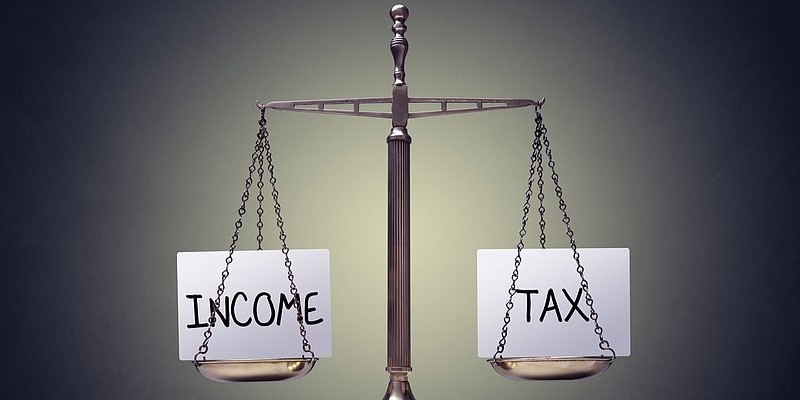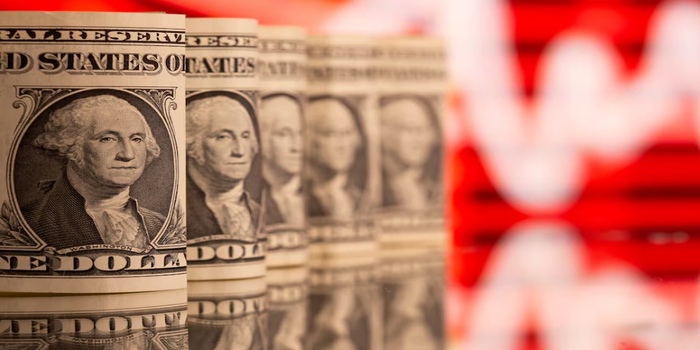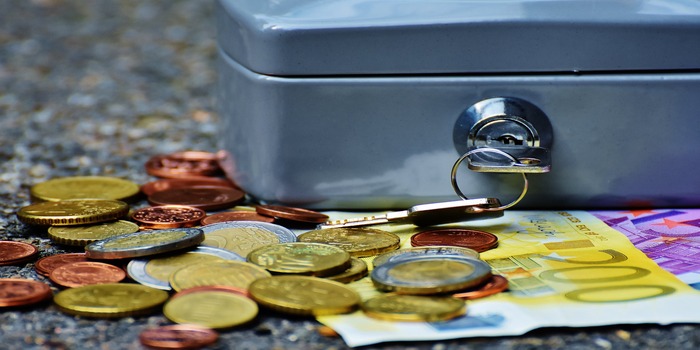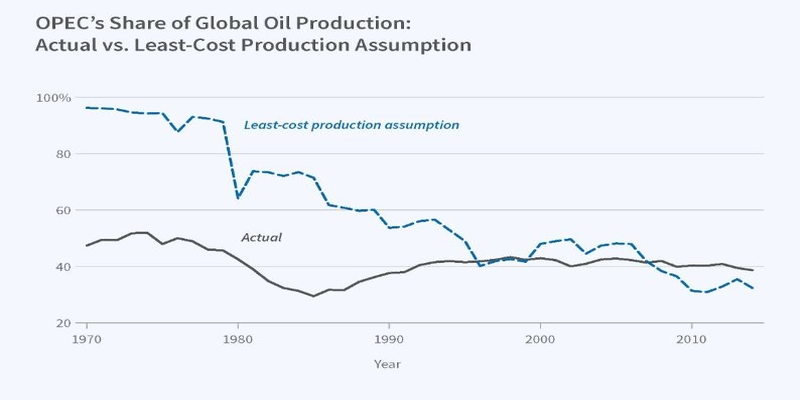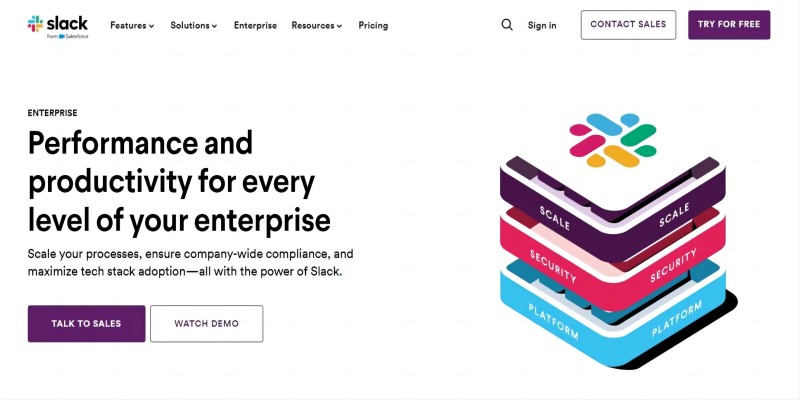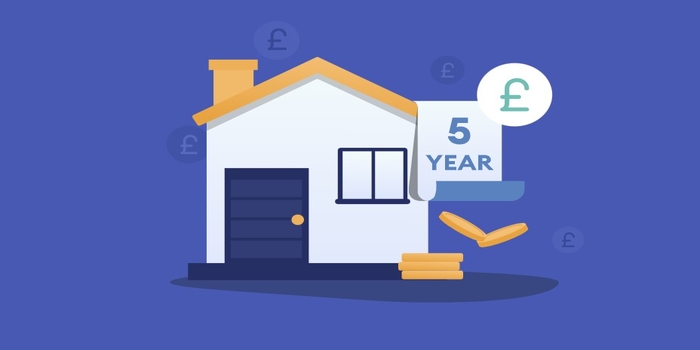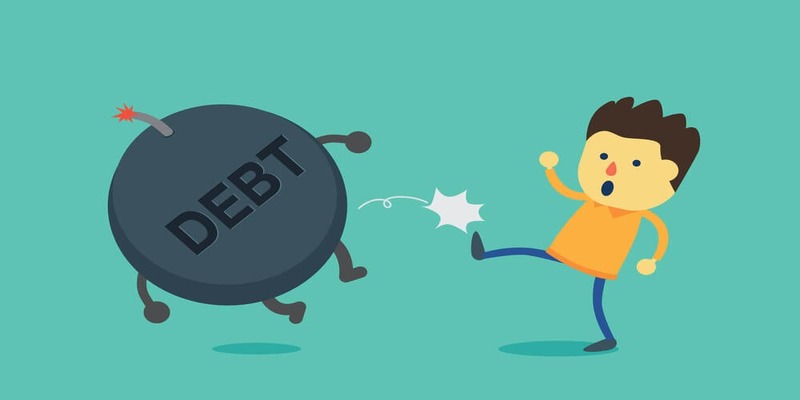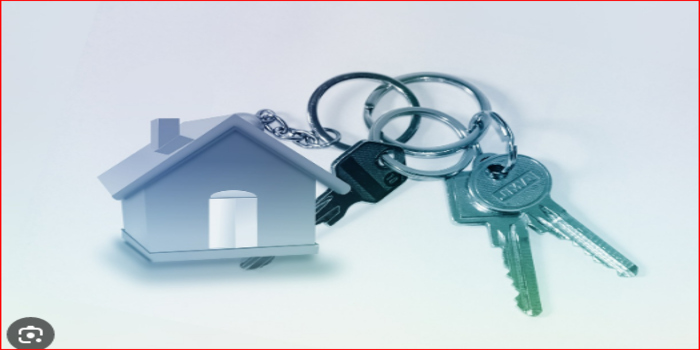A Comprehensive Guide That Will Enhance Your Understanding About Credit Card Debts
If you are wondering what is credit credit card debt, then you've come to the right place. Today, we will answer all your queries related to credit card debts. Usually, revolving credit card loans result in credit card debt, which is a form of unpaid debt. Multiple credit cards might lead to borrowers accruing to this situation. The rating agencies will track and report on all the credit card accounts that belong to borrowers. Credit card debt, which is revolving and has an infinite open period, usually makes up the bulk of debts that have not been paid on a borrower's credit report. A wide range of people face monthly sums called credit card debt. Keep reading to learn more about it.
Primary Reasons People Get Into Credit Card Debt
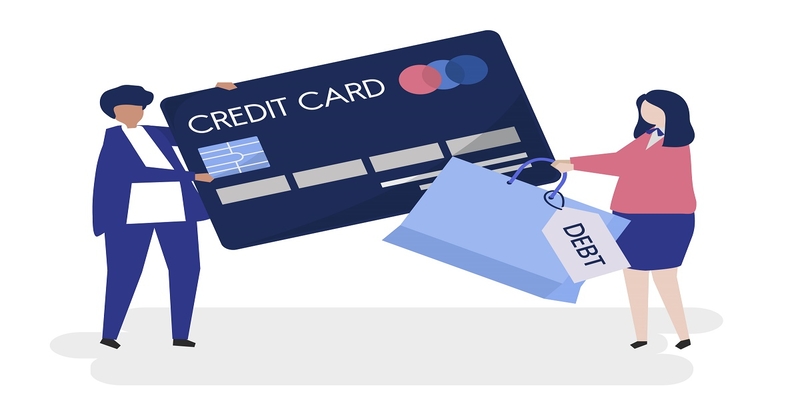
Mistakes We Make While Using Credit Cards
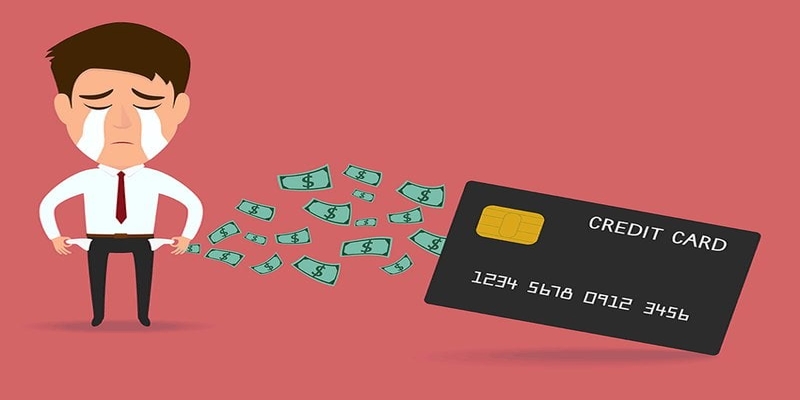
Paying The Minimum Amount Due on Your Credit Card
What you have to pay each month toward the account balance on your credit card is known as the minimum payment. However, cardholders typically forget that making minimum payments ultimately increases expenses.
Gradual Increase of Interest Rate
Interest on credit cards usually increases every day. It implies that any interest you pay is deducted from your initial balance and added to the principal. In simple terms, you pay interest on the interest you have. That means your credit card debt may accumulate even if you don't make any further purchases. If you only make the minimal payment each month, you are dragging the debt forward from month to month, and it will only get worse as interest costs mount. Paying off your debt will take longer and cost you more money.
Not Keeping Track of Interest Rates on Credit Cards
A fixed interest rate is commonly linked to a credit card. The entire annual cost of taking out loans, stated as a percentage, is represented by your APR. Your credit card company collects this interest on your outstanding balance, which you have charged but still need to pay back on your card. Your credit card's annual percentage rate (APR) can be high. This additional money helps the lender balance the cost of providing credit. However, interest costs can rapidly cause any outstanding debt to rise significantly for the cardholder. Paying the entire amount due on their monthly credit card bill will help avoid incurring interest.
Having An Excessive Number of Credit Cards
There are several different reasons linked to credit cards, including cashback or travel points on specific purchases. Cardholders can open multiple credit cards to benefit from various benefits. Having many credit cards might be advantageous if you use them carefully, but it can also raise the danger of overspending beyond your means. Furthermore, staying on top of your debt may be more challenging when managing several credit cards, each with a distinct interest rate, minimum payment, and due date.
Exceeds Your Income in Spending
It's easy for cardholders to overspend when they don't have actual money, even though a credit card gives them access to actual purchasing power. A debt load that exceeds your income can be quickly accumulated by excessive expenditure. Strive to prevent impulsive spending by giving your purchases considerable thought.
Ways to Stay Out of Debt With Credit Cards
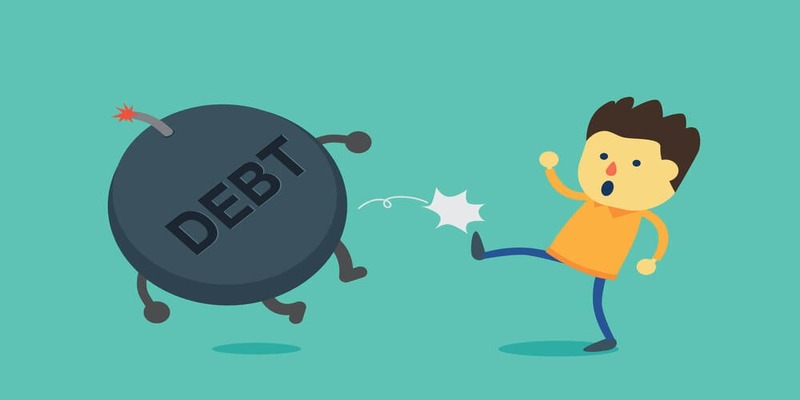 It's critical to take proactive measures to protect your finances, no matter your experience level with credit cards. The following steps can help you stay totally debt-free from credit cards and will also help you learn about credit card losses meaning.
It's critical to take proactive measures to protect your finances, no matter your experience level with credit cards. The following steps can help you stay totally debt-free from credit cards and will also help you learn about credit card losses meaning.
Keep a Check on Your Expenses
Set spending caps on your credit card usage and maintain meticulous documentation of your credit card usage by creating a budget that accounts for all of your income and outlays. Make necessary expenditures like utility bills and groceries a priority, and avoid impulsive purchases. Consider which non-essential expenses, including eating out and streaming services, can be reduced. Keep an eye out for patterns in how you use your credit card that could lead to debt.
Make The Maximum Payment on Your Loan
Paying off as much of your credit card debt as you can each month is your primary goal for preventing credit card debt. Even though it would be preferable to pay off the entire sum on your bill to avoid paying interest, this may only sometimes be possible. Instead of spending the maximum amount your budget permits, reduce the interest you would owe.
Save Money For Unexpected Events
Keeping to your credit card budget might be challenging when unexpected expenses occur. Having a rainy day fund to cover three to six months' worth of costs is a smart strategy to avoid charging emergency bills. By drawing on your savings, you won't have to accrue credit card debt in the event of an unforeseen expense. Moreover, keeping an eye on your credit reports and scores is crucial to managing your debt and financial situation.
Conclusion
Thats all about what is credit credit card debt! Credit cards collect your purchases and demand payment at the end of each billing cycle. Your card will be rejected if you use it to the maximum amount, but you will still be responsible for any purchases you make. Better reward programs and more security are two benefits of credit cards. You are exempt from charges if your credit card is stolen, lost, or used illegally as long as you report it by these credit card debt examples.

